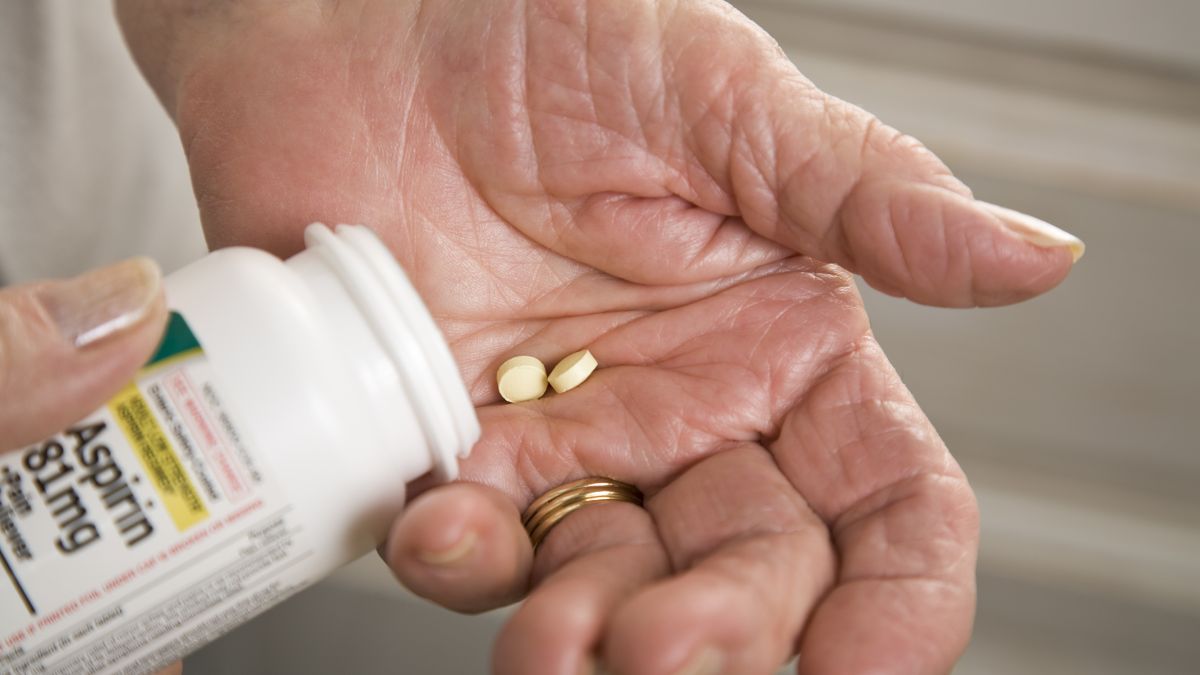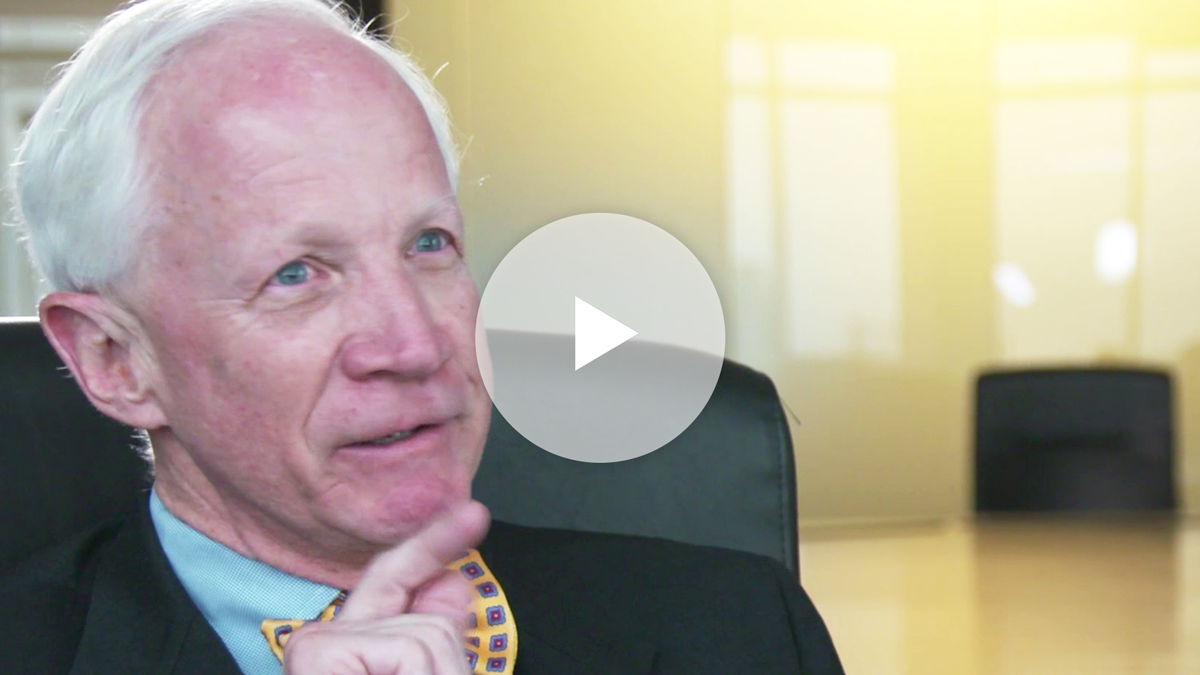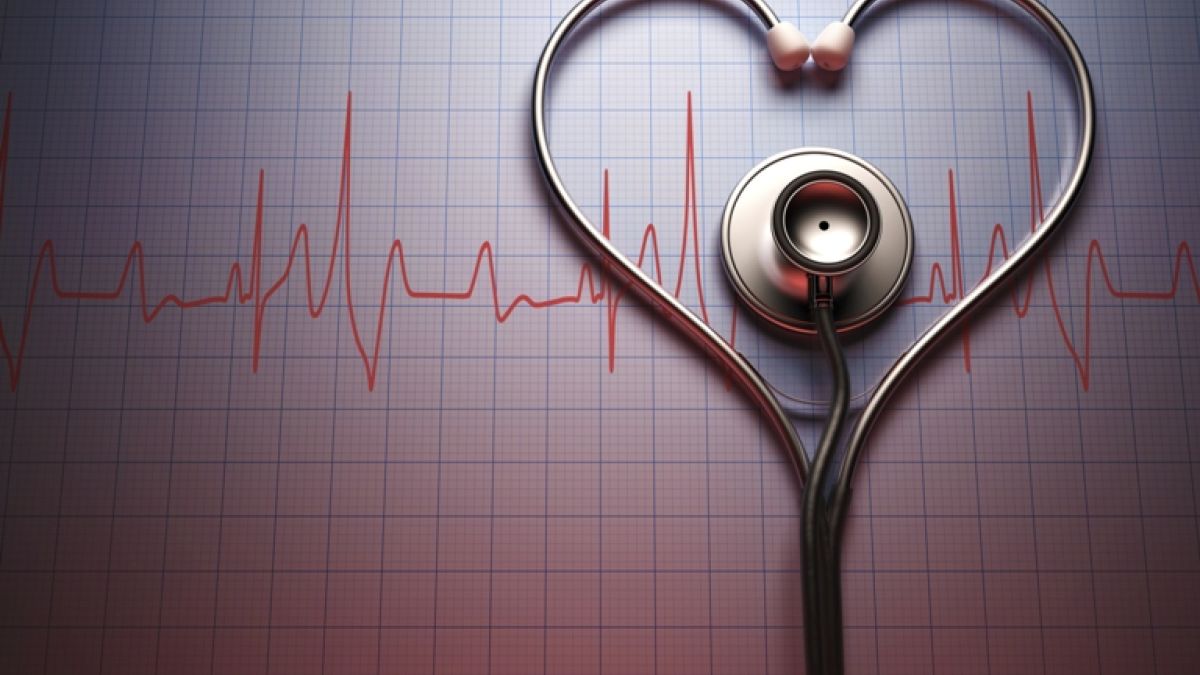Why choose Ochsner Health for your electrophysiology and heart rhythm disorders care?
Ochsner Health houses the largest electrophysiology laboratory space and the most diverse team of subspecialty experts in Louisiana and Mississippi. But size isn’t the only thing that makes our electrophysiology and heart rhythm disorders care outstanding. Our multidisciplinary team manages the most complicated heart rhythm problems, relying on the latest treatment options available.
Whether you have an arrhythmia due to a congenital heart issue, are experiencing atrial fibrillation or have another problem with your heart rhythm, you don’t have to travel for world-class care. It’s right here at Ochsner.












-7abbbb2796.jpg)





